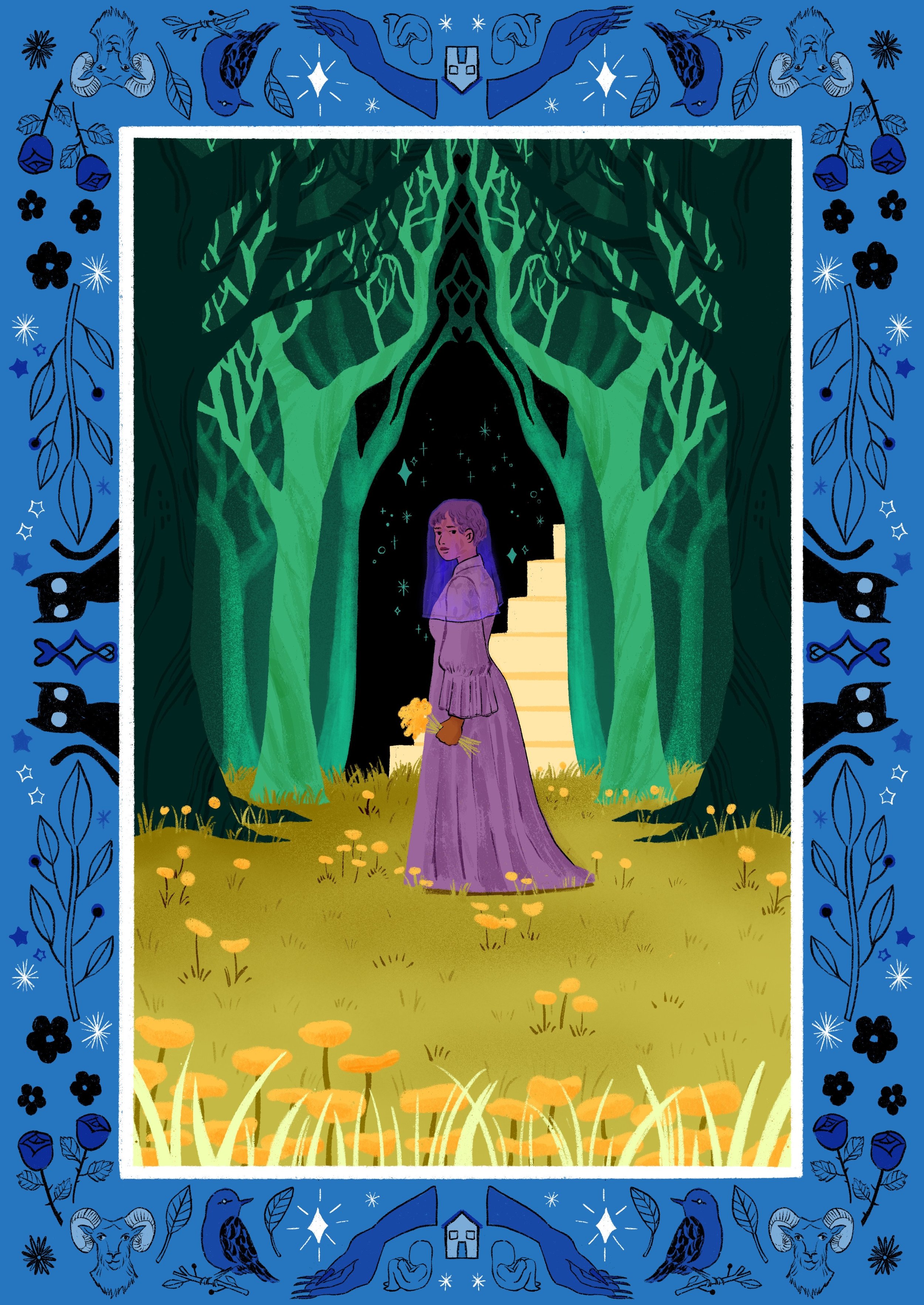
Editorial
Zaffar Kunial
10/05/22
Roy Fisher said Birmingham’s what I think with. I don’t know what it means but I like it. I only feel tenuously linked to place but I like how a place can slip its moorings or go internal. I do a bit of that in my next book, which mentions the little Englands of my grief. When I was young, we hardly went anywhere outside Birmingham—apart from two stays in Kashmir. I never once went to the seaside, for example, in my first two decades. I only really knew a little patch of inner-city south Birmingham and its little green pockets of time in amongst the concrete. The main road near home was ‘the Stratford Road’—the ’the’ was the oral, not the printed, name for it—because it led to Stratford-upon-Avon, which was where my parents had their first date, after they met in a pub in central Birmingham which they entered through a very narrow lane by the Cathedral called Needless Alley. For years, I thought the street signs at either end read Needles Alley, maybe because it had a vintage record shop called Swordfish—where I’d spend pocket money on scratchy vinyl—or maybe because the alley was so thin.
I like the ing in the middle of Birmingham. The middle of the middle of England. I think of Birmingham as somewhere that points in many directions and edges onto other places and sometimes becomes nebulous and tenuous and loses definition—less concrete—which names something that almost seems magical and that I can’t quite put my finger on. Birmingham.
I always associate Birmingham with Shakespeare—I watched a play on a school trip to the Hippodrome and I thought the words were a trick I wasn’t in on, that pointed to absolutely nothing. And when we drove as a family to my English grandad’s house, we knew we were near when the big sign read Welcome to WARWICKSHIRE Shakespeare’s County, with a bear and staff that pointed upwards knottily. The pub halfway between New Street Station and Needless Alley is called The Shakespeare. My dad’s local, the pub between home and the factory he worked at, was called The Bear. The family next to my grandfather’s house were called Shakespeare and they are still there.
This inaugural digital issue of Poetry Birmingham was going to be published during Shakespeare’s birthday week in April—I think ye olde Stratford and the old forest of Arden and whatever Birmingham is now are linked; and that my Birmingham—the word and the place—stretches in funny ways. Inclusive and ancient, urban and green, in ways that don’t contradict each other. The journal comes to readers in May due to the rough winds of Covid and its aftermath. There are all sorts of arteries and roads and spaghetti junctions between the poems and prose pieces published here, but I didn’t set out with a binding theme in mind, and I quite like it when themes are intertwined by-products rather than beelines.
I’ve mentioned one theme already, but I’ll mention another: music. Lias Saoudi of Fat White Family has already written many brilliant things, in and outside music, (there’s a great memoir out now, written with Adelle Stripe), but I’m honoured to publish a first poem here, unbacked by music. And Peter Duggal, from Handsworth, gave me what he says is his first piece of writing since being at school. Peter writes about ‘Birmingham’, which became a song recently released by Wolfgang Flür of Kraftwerk—a band that, like Joy Division, seems ultra-urban, steeped in city. When I was buying records from Needless Alley in Birmingham city centre, Peter was writing songs with his cousin, Steven Kapur whose stage name was Apache Indian—and Peter now lives yards from me, in Yorkshire. By chance, he used to visit the house of a Sikh family from India via Kenya, who lived two doors from our family in south Birmingham, and he remembers me playing cricket in the narrow back garden and throwing the ball back over the fence.
In a track by Purple Mountains, David Bergman sings a line I keep thinking about: Songs build little rooms in time. Places aren’t always where they are.
